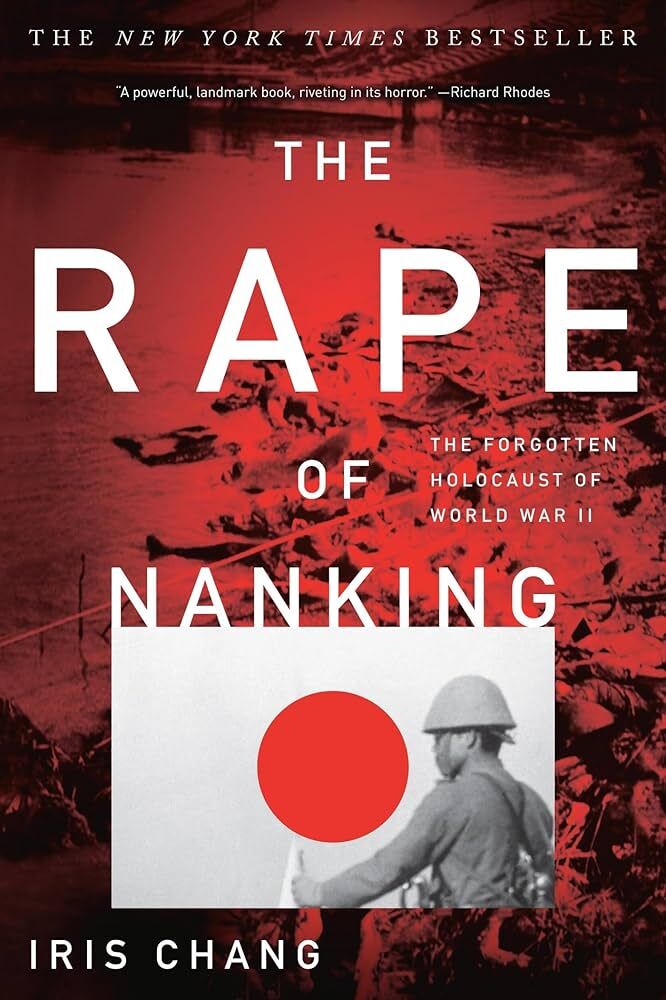
IRIS Chang’s monumental work, “The Rape of Nanking,” energized the academic world, sent seismic shocks through the countries of East Asia, and motivated me deeply to research the relationship between China and Japan, a topic I still pursue with earnest. You may know of the book, which spent ten weeks on the New York Times bestseller list. But perhaps you never got to know the author.
First, the book. “The Rape of Nanking: The Forgotten Holocaust of World War II” chronicled the savage treatment of the population of that Chinese city by the invading Japanese army. Although the numbers are hotly debated, it is generally agreed by all but the Japanese that somewhere between 300,000 and 600,000 civilians were murdered. Chang, whose parents escaped the disaster and fled to the United States, interviewed hundreds of survivors and gave their accounts (and photographs) first place in the book. Oral histories featured so prominently that it opened Chang up to criticism that the book was not “scholarly” enough. Too many unverifiable stories, not enough cold, hard facts. The criticism was ivory tower horse dung, and the public agreed. The book sold in huge numbers, opened up a healthy discussion on the Rape of Nanking, and catapulted Chang to stardom.
The Japanese were understandably upset that the book did so well. They would rather forget the times that their soldiers and sailors misbehaved, especially if it smacked of officially organized slaughter, as Nanking did. Japanese scholars rushed to defend their nation and condemn Chang, picking apart her arguments and evidence, and even launching personal attacks on Chang herself. But the verdict of history is that the government of Japan has much to answer for. China continues to seek an apology for Nanking that is not likely to come soon.
And what of Chang herself? She became an overnight sensation. Although she had yet to complete an advanced degree, the book demonstrated her skills in storytelling and empathy. For a time she was much sought after as a public speaker and she did quite well for herself. But Chang wrestled with her own inner demons.
Chang fought a long battle with depression, aggravated by the subject matter she dealt with professionally. If you have read “The Rape of Nanking” and seen the images contained within, you know what I mean. The average person can only take so many stories and images of rapes, beheadings, butchery of babies and so on. One either becomes numb to it or collapses under the strain.
In 2004, after a research trip that ended in disappointment and embarrassment, Chang killed herself. She had been taking strong medications for depression and left three suicide notes that indicated she was not in her right mind. The world lost a great historian that day. She had already accomplished so much and would have gone on to reveal more truths of the human condition. If only she could have outwrestled her demons.
BC Cook, PhD lived on Saipan and has taught history for over 30 years. He is a director and historian at Sealark Exploration (sealarkexploration.org).











